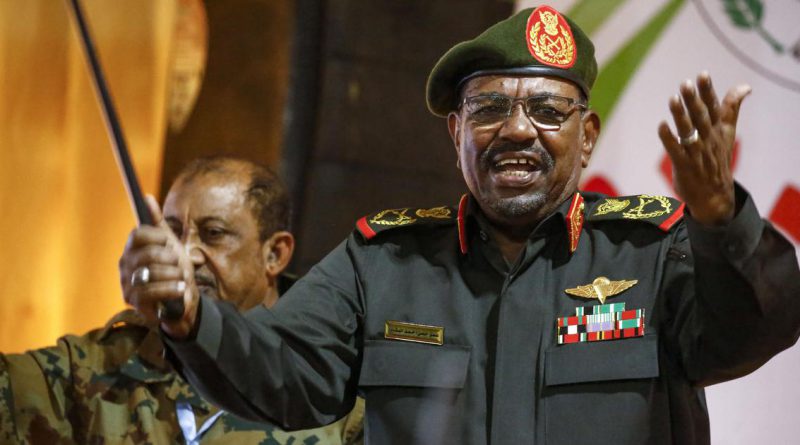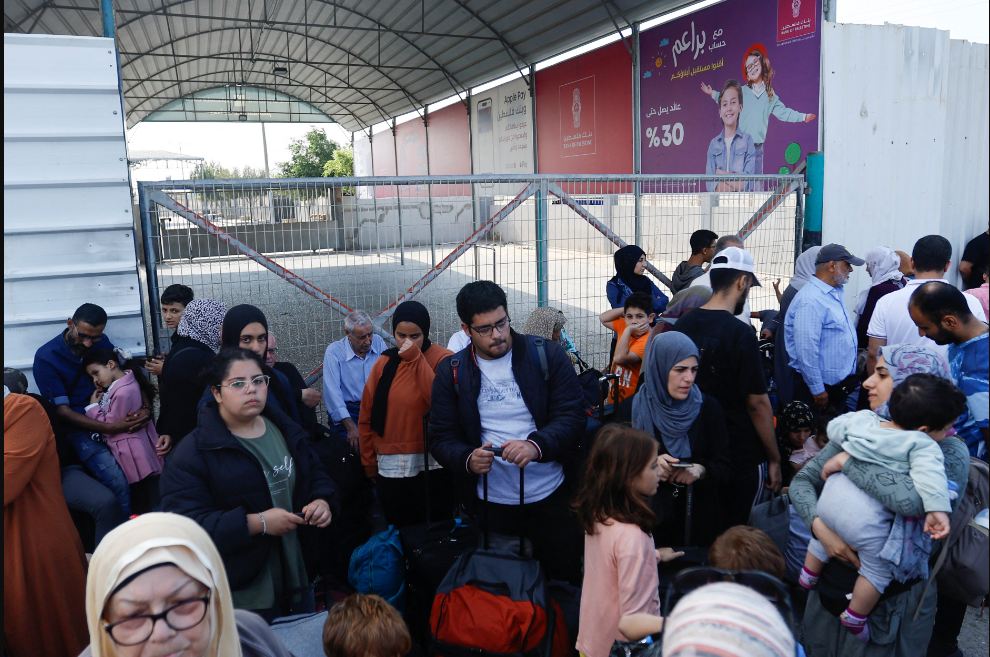Sudanese Military’s Shift: Support for Hamas and Threats to UAE Escalate Tensions
Khartoum — Sudan’s Islamist-run military, under the control of the Muslim Brotherhood, has made a bold and troubling declaration: the country’s army will send both weapons and troops to support Hamas in its fight against Israel. Emirati-British political scientist Amjad Taha sharply criticized the decision, describing it as “terrorists helping terrorists and calling it diplomacy.”
Taha’s comment encapsulates the global concern surrounding Sudan’s military leadership. He writes, “Just when we thought Hamas might finally free the hostages, Sudan’s Islamist-run army (SAF), hijacked by the Muslim Brotherhood, proudly declared it will send weapons and troops to serve Hamas and destroy Israel.” This public commitment from Sudan’s military escalates the tensions in an already volatile region, and it signals that the country is choosing to align itself with violent extremist factions under the guise of political support.
Sudan’s army, which has long been a source of concern due to its ties with regional powers like Iran, is now facing increasing scrutiny for its actions. Taha points to Sudan’s recent history of questionable alliances, particularly its acquisition of drones from Iran and its controversial decision to hand over control of its ports to China. He describes this as the military’s disregard for Sudan’s sovereignty, labeling it as a dangerous pattern of behavior where “national sovereignty is overrated.”
The situation is made even more complex by the leadership at the helm of Sudan’s army. Omar al-Bashir and Ahmed Haroun, both indicted war criminals by the International Criminal Court (ICC), are among the key figures controlling the military and foreign ministry. Taha does not mince words when describing them: “These two clowns are not in hiding; they’re running the army and the foreign ministry, like it’s some twisted comedy.” Al-Bashir and Haroun are infamous for their roles in orchestrating genocide and contributing to the deaths of over half a million people in the Darfur conflict, a dark chapter in Sudan’s history that still looms large over the country’s future.
In a surprising twist, Sudan’s military leadership has now set its sights on the UAE, a country known for its peaceful diplomacy and efforts to promote tolerance in the Middle East. Taha contrasts Sudan’s violent approach with the UAE’s commitment to peace, noting that the Muslim Brotherhood, which is banned and labeled a terrorist group in the UAE, has made increasingly aggressive statements against the Gulf nation. Taha’s scathing critique draws a comparison between Sudan’s actions and absurdities in other contexts: “It’s like watching a thief sue the bank for installing security cameras, only dumber.”
While Sudan’s military continues to align itself with extremist factions, Taha concludes with a stark reminder of the true nature of such behavior: “When terrorists dress up their violence in legalese, they’re not being clever, they’re just writing their confessions with a pen instead of a rifle.” His words highlight the false veneer of legitimacy that often accompanies violent ideologies, underscoring the need for the international community to be vigilant in identifying and confronting these threats to peace and stability.
Taha’s final message is a call for reason and peace in the face of mounting global tensions. He reminds us that “peace doesn’t shout. It builds,” encouraging a path forward based on collaboration, diplomacy, and a rejection of the violent ideologies that continue to disrupt global harmony.
As the situation in Sudan develops, the international community must pay close attention to the growing influence of extremist groups within the country and their far-reaching consequences for regional and global security.



